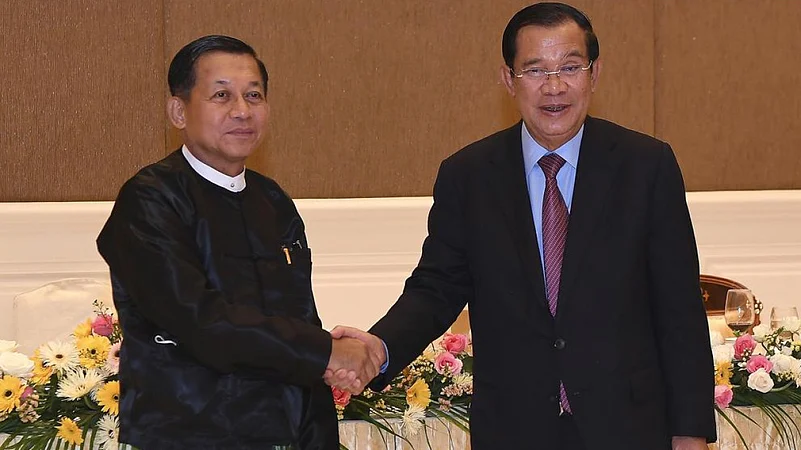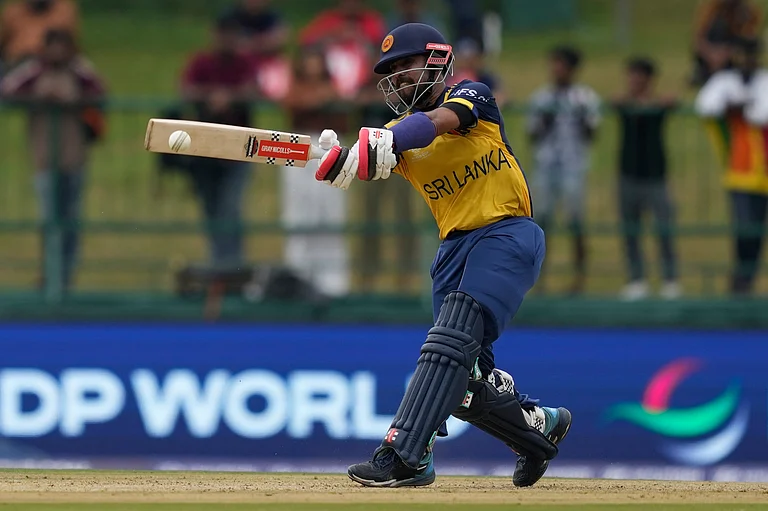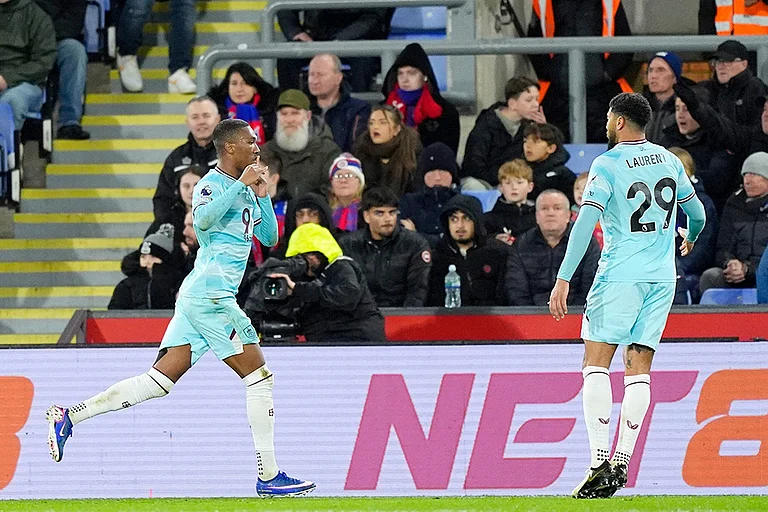ASEAN will not invite Myanmar's foreign minister to an upcoming meeting, a Cambodian official said Thursday, as the regional bloc of nations struggles to agree on whether to include senior representatives of Myanmar's army rulers.
Cambodian foreign ministry spokesman Chum Sounry told The Associated Press that member states failed to reach a consensus on inviting Wunna Maung Lwin to its retreat of foreign ministers scheduled for Feb. 16-17 in the Cambodian capital of Phnom Penh.
Wunna Maung Lwin was appointed Myanmar's top diplomat after its military ousted the elected government of Aung San Suu Kyi on Feb. 1 of 2021.
Myanmar's security forces have been blamed for the deaths of more than 1,500 civilians in brutally putting down protests against army rule.
There is now a low-level insurgency that some experts believe amounts to civil war.
Cambodia had earlier postponed this year's foreign ministry retreat for what it said were reasons related to the Covid-19 pandemic, but there was speculation it was linked to the disagreement over Myanmar.
The decision reflects divisions within the 10-member regional group over Myanmar's lack of cooperation in implementing measures that ASEAN agreed upon in April last year to help ease that country's violent political crisis after the army's takeover.
The head of Myanmar's military government, Senior Gen. Min Aung Hlaing, was not invited to last October's virtual summit meeting of ASEAN leaders.
That rebuke was issued shortly after Myanmar declined to let the bloc's special envoy meet with Suu Kyi, who has been in detention since her ouster. Indonesia, ASEAN's biggest member, and Malaysia have been the most critical of Myanmar's military government.
ASEAN was chaired by Brunei when it snubbed Min Aung Hlaing, but under its annual rotation system, Cambodia now chairs the group. Prime Minister Hun Sen has said he believes it is important that Myanmar attend the next summit meeting.
Hun Sen declared in December that Myanmar has the right to join the summit because the principal rule of ASEAN is that member states shall not interfere with each other's internal affairs.
He also paid an official visit to Myanmar in January, becoming the first head of government to do so since last year's takeover. Hun Sen, who has held power for 36 years, is an authoritarian ruler seen as sympathetic to Myanmar's generals.
Cambodian foreign ministry spokesman Chum Sounry said Myanmar has been asked to send a non-political representative to this month's retreat.
It had the same option at October's summit meeting but did not appoint one. Myanmar has not yet announced its intentions.
Chum Sounry, replying to a query by AP, said the failure to reach a consensus about inviting Myanmar to this month's meeting was due to “little progress in carrying out the ASEAN's 5-Point Consensus,” agreed to by all the group's members, including Myanmar.
ASEAN leaders at last April's special meeting on Myanmar reached a consensus to issue a statement calling for the immediate cessation of violence, a dialogue among all concerned parties, mediation by an ASEAN special envoy, as well as the provision of humanitarian aid via the regional bloc.
Myanmar did not reject the demands but has done little to implement it.





















